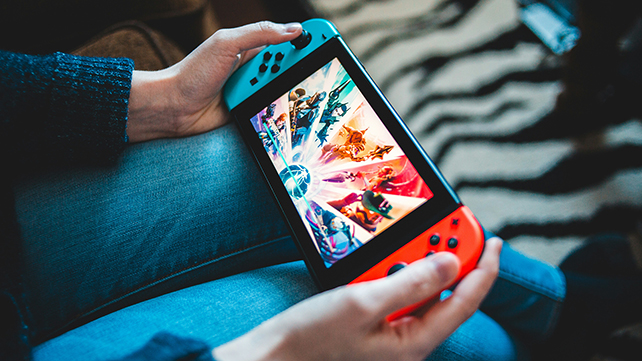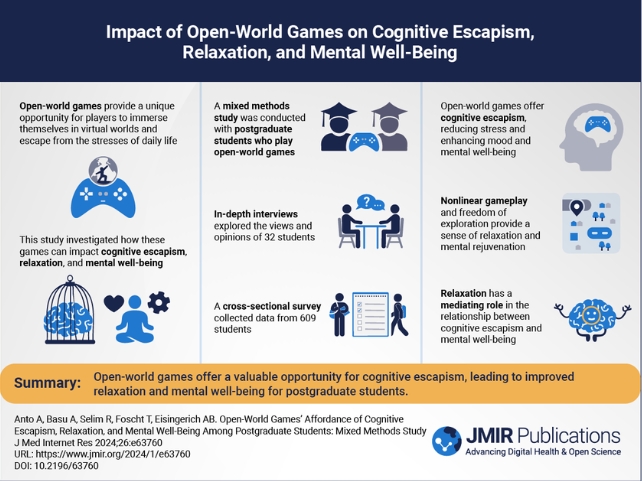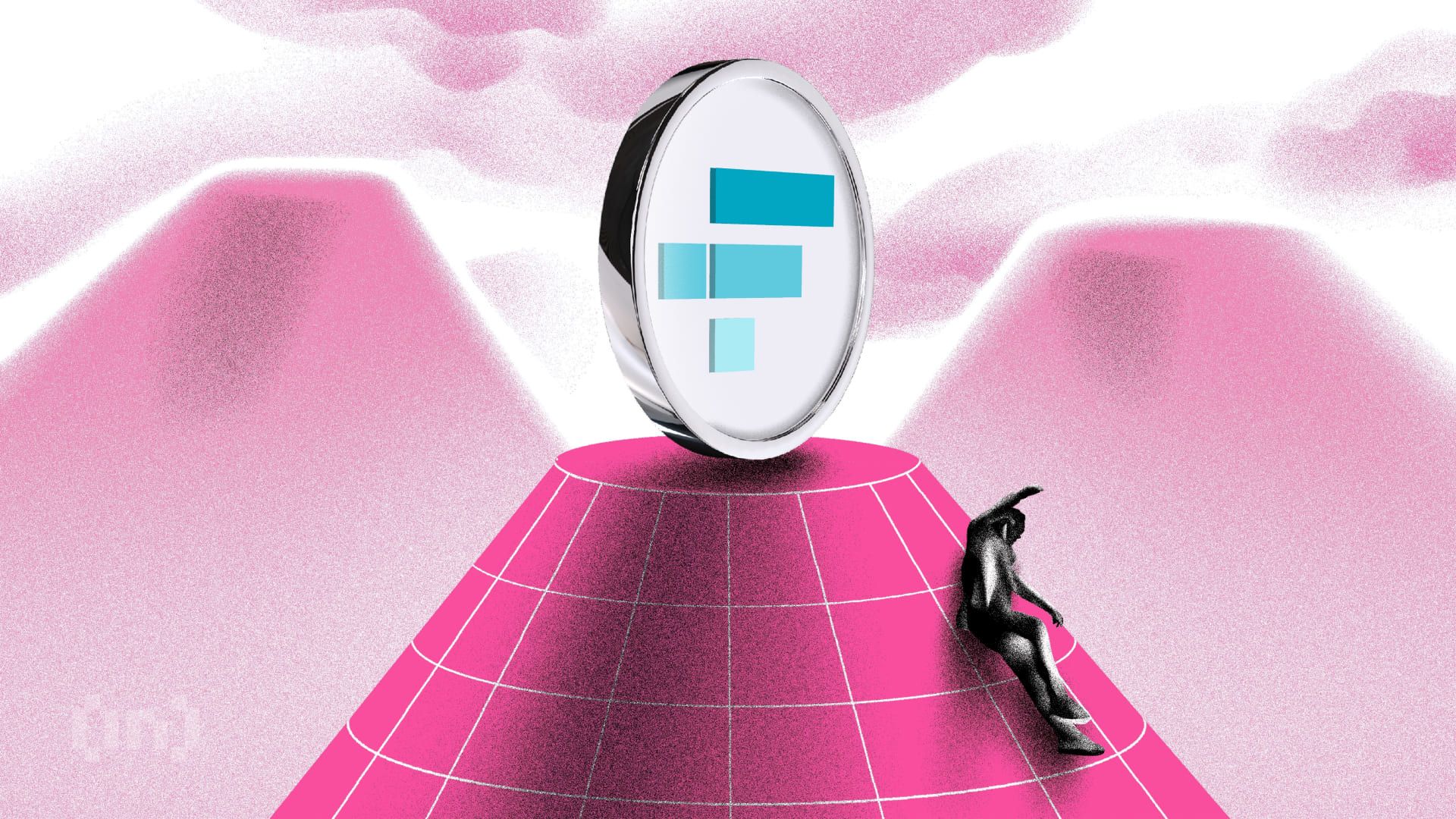Many modern video games fall into the open-world category, giving players vast, detailed worlds to explore – and a new study shows these expansive digital playgrounds have benefits for our mental health.
Researchers from Imperial College London and the University of Graz in Austria asked more than 600 postgraduate students about their experiences playing open-world games and how these sessions left them feeling.
They found these video games – including The Legend of Zelda: Breath of the Wild – significantly boost cognitive escapism (taking breaks from thinking about real life), relaxation levels, and overall mental well-being.
“Open-world refers to games that provide a large, freely explorable environment, where players can move and interact with the game world with minimal restrictions,” writes the team in their published paper.
“They offer large, detailed worlds to explore. Specifically, the games may feature an expansive world filled with diverse landscapes, towns, and hidden secrets.”

It’s evidence that these types of games could be an antidote to other digital activities we engage in, such as scrolling through social media – something that’s been associated with a downturn in mental health.
“By providing immersive environments that allow mental diversion, emotional relief, and meaning, these games can serve as valuable tools for enhancing psychological and emotional health,” write the researchers.
Based on a total of 32 interviews and 609 surveys, participants expressed feelings of increased “inner peace”, as well as being able to “forget my daily worries” and “switch off” from whatever else is happening. One participant described open-world gaming as “my form of meditation”.
There were mentions of calmness, relaxation, and satisfaction in the volunteer responses, as well as talk of relieving stresses and soothing tension. Some players said they felt a sense of calling in the game, and of growing as a person.
It seems that both the autonomy given to players in open-world games, and the richness of the virtual worlds, may contribute to improvements in mental health – something game developers could take on board.
With advances in gaming technology and more ambitious goals of gaming studios, open-world games have grown in scale and complexity – in some cases giving players almost an entire second life in a fictional world.
These games will usually have missions within them, but don’t force players to follow them step by step. There’s room for experimentation and exploration, without the pressure of needing to complete tasks within a certain time.

The study adds to what we already know about how video games can relieve stress and boost satisfaction – when played in moderation.
With more evidence from further research, we might one day see therapists and doctors recommending some time in the world of Zelda for their patients.
“Future research that uses physiological measures to examine the effects of open-world gaming on mental well-being is richly deserving,” write the researchers.
The research has been published in the Journal of Medical Internet Research.








Leave a Comment